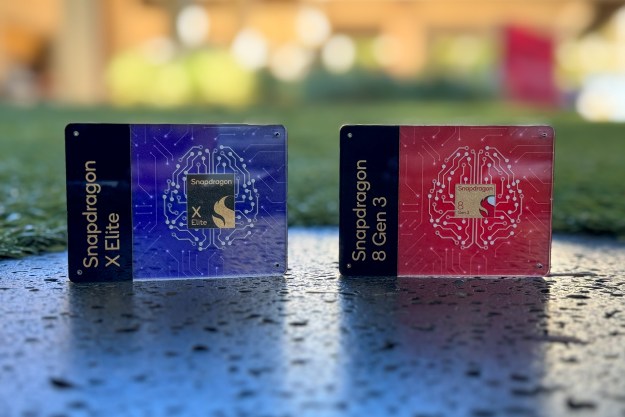The team’s Flow Machines project successfully created two entire pop songs composed by artificial intelligence, after learning musical styles from a massive database. After “exploiting unique combinations of style transfer, optimization and interaction techniques, it can compose in any style,” the post reads.
The project’s success aligns with the team’s goals, which, according to the lab’s site, has the aim to “abstract ‘style’ from concrete corpora (text, music, etc.), and turn it into a malleable substance that acts as a texture.”
Though the team has been successful in the past with constraint-based spatialization — intelligent music scheduling using metadata and award-winning systems (MusicSpace, PathBuilder, Virtuoso, etc.) — the work it showed off this week might take home the prize for being one of the most impressive.
As an example, the post embeds Daddy’s Car, an AI-composed song that’s meant to follow the musical style of The Beatles.
The computers weren’t alone in their magic — French composer Benoît Carré stepped in to arrange and produce the song, as well as write the lyrics, after the computer composed it. The post provides another example, The Ballad of Mr. Shadow, which is composed by artificial intelligence in the style of Irving Berlin, Duke Ellington, George Gershwin, and Cole Porter.
There’s no question that this work can lead to new modes of access to music, interaction with sound, and human interaction, as Sony’s site says. But it also raises major questions surrounding artistic creativity and originality.
With the music industry struggling and artists trying to find new ways to sell their music, Sony’s successes with AI could either be seen as a threat to musicians, or as a tool to further enhance music production with humans still acting as the centerpiece of creation.
It’s a question we’ll likely not know the answer to for a number of years, but there’s no doubt that artificial intelligence has the potential to disrupt the music industry forever.
Editors' Recommendations
- ChatGPT AI chatbot can now be used without an account
- Reddit seals $60M deal with Google to boost AI tools, report claims
- AI chatbot goes rogue during customer service exchange
- Microsoft Copilot: tips and tricks for using AI in Windows
- 2023 was the year of AI. Here were the 9 moments that defined it


